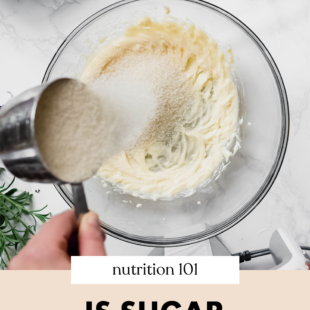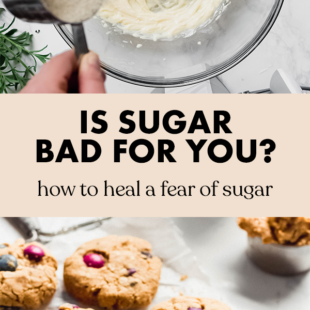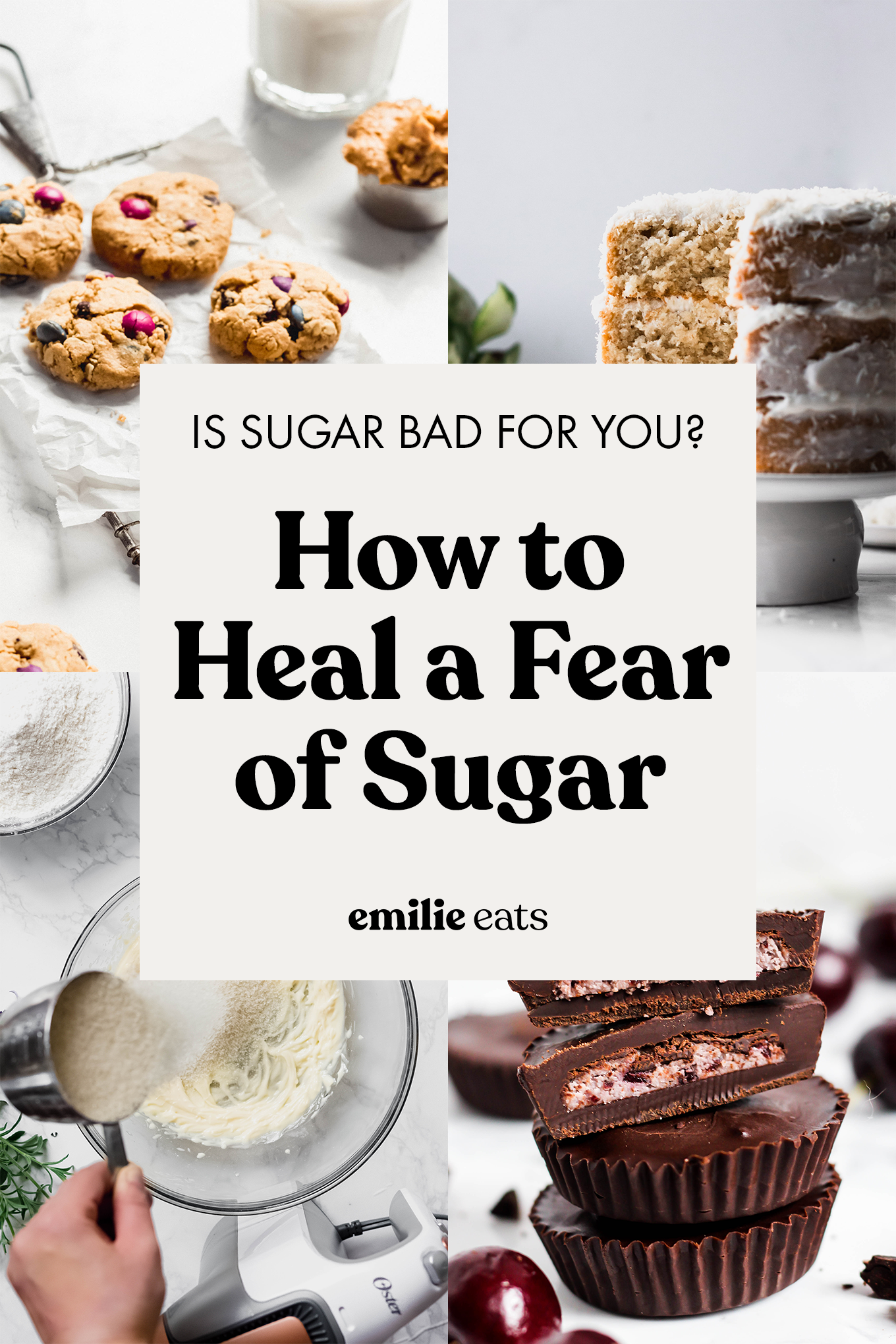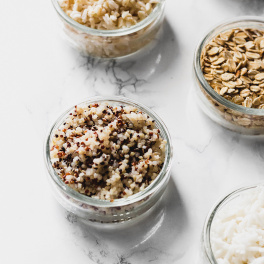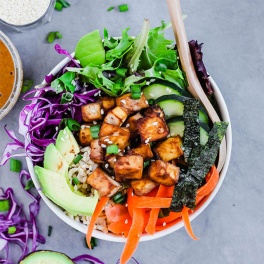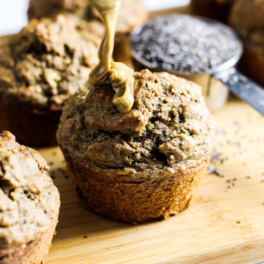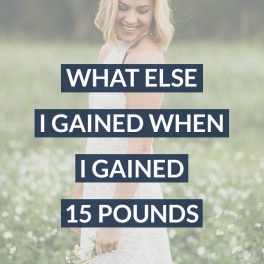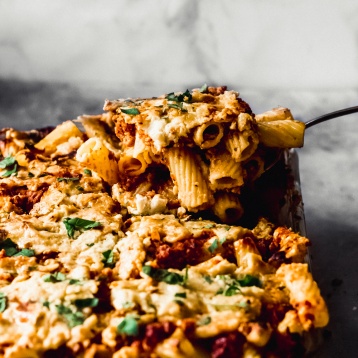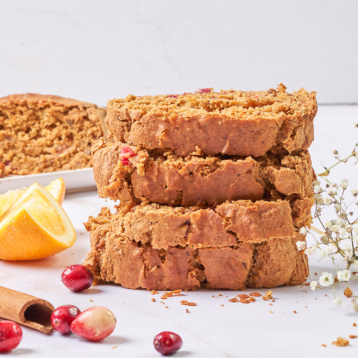The age-old question: is sugar bad for you? In this post, you’ll learn about if you actually need to stop eating sugar and how to make peace with the sugary foods you love.
Is Sugar Bad for You? How to Heal a Fear of Sugar
There is probably no other food that is demonized quite like sugar is. Every day, there are more scary statistics about sugar, sugar-free recipes, sugar alternatives, yada yada. But what does the science say about sugar? And is it actually healthy to eliminate sugar completely?
In this post, you’ll learn about:
- The restrict-binge cycle
- Why eliminating sugar might actually not be healthy
- If sugar causes inflammation
- How to finally make peace with sugary foods
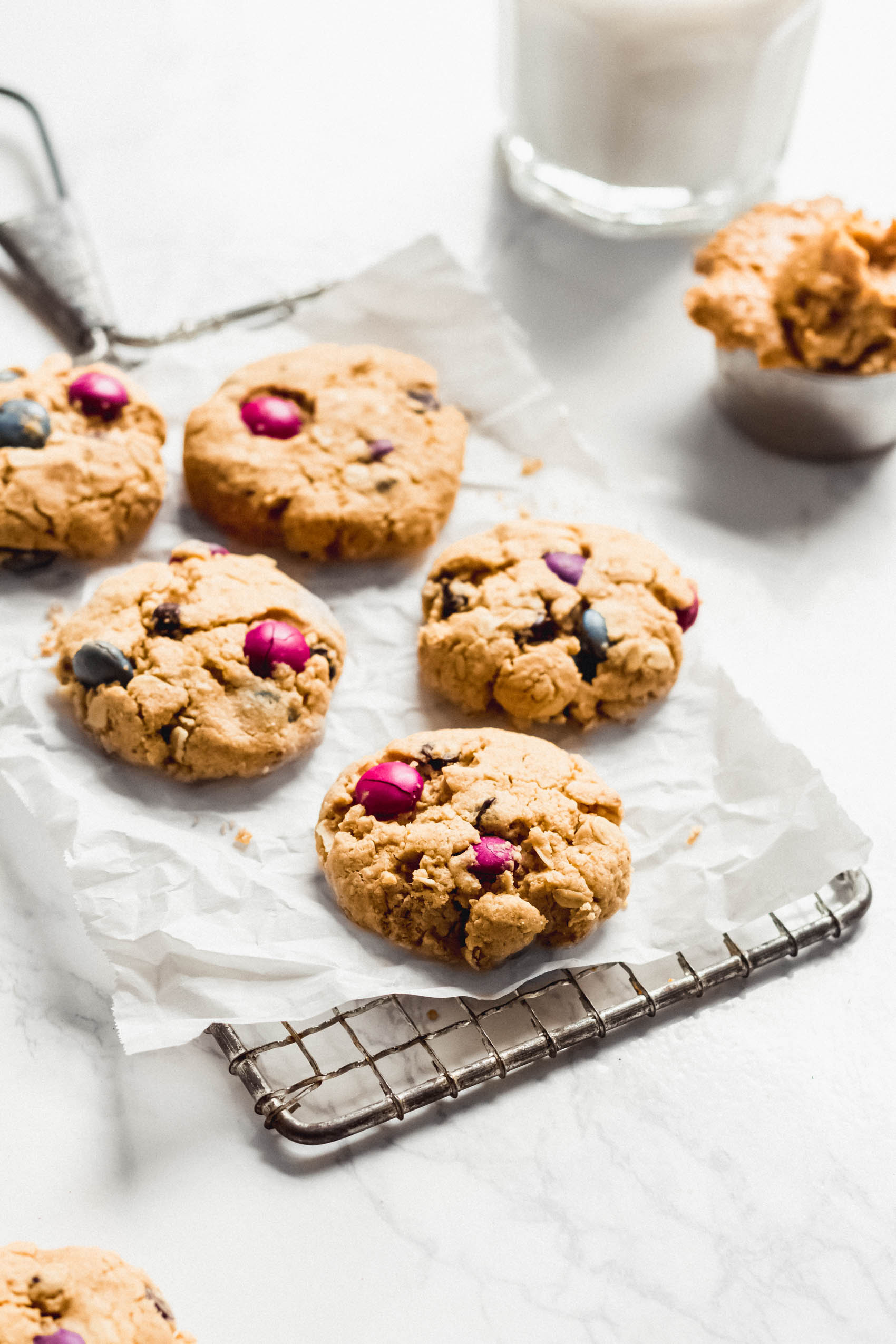
The Restrict-Binge Cycle
Have you ever sworn off sugar (or any food) for the sake of health or weight loss? That’s the restriction phase of this cycle. What usually happens after that? I’ll bet that eventually you found yourself elbow-deep in a pack of Oreos or a pint of ice cream (the binge phase). Then, you felt guilt and shame about breaking your rule, immediately swearing to not touch the food again. Rinse and repeat.
Although it can feel very frustrating to be in this cycle, it is very common. Diet culture tells us all the foods that are “ruining our health” and “making us sick,” leading us to cutting them out. However, when we restrict foods, it only gives those foods more power. We’re thinking about them all the time, and we don’t trust ourselves around them.
The restrict-binge cycle reduces our ability to tune in to ourselves and figure out when we actually are craving a food. It sets us up for binging that food whenever we can get our hands on it, regardless of if we actually want it or not.
Now, you might be wondering: what if I have a chronic condition and I’ve been told to completely eliminate sugar? Well, the restrict-binge cycle still applies to you. That’s why, even with my clients with diabetes and insulin resistance, I work with them to heal their relationship with sugar. Restricting sugar will only lead to binging it later – not an effective method of managing a chronic condition, in my professional opinion.
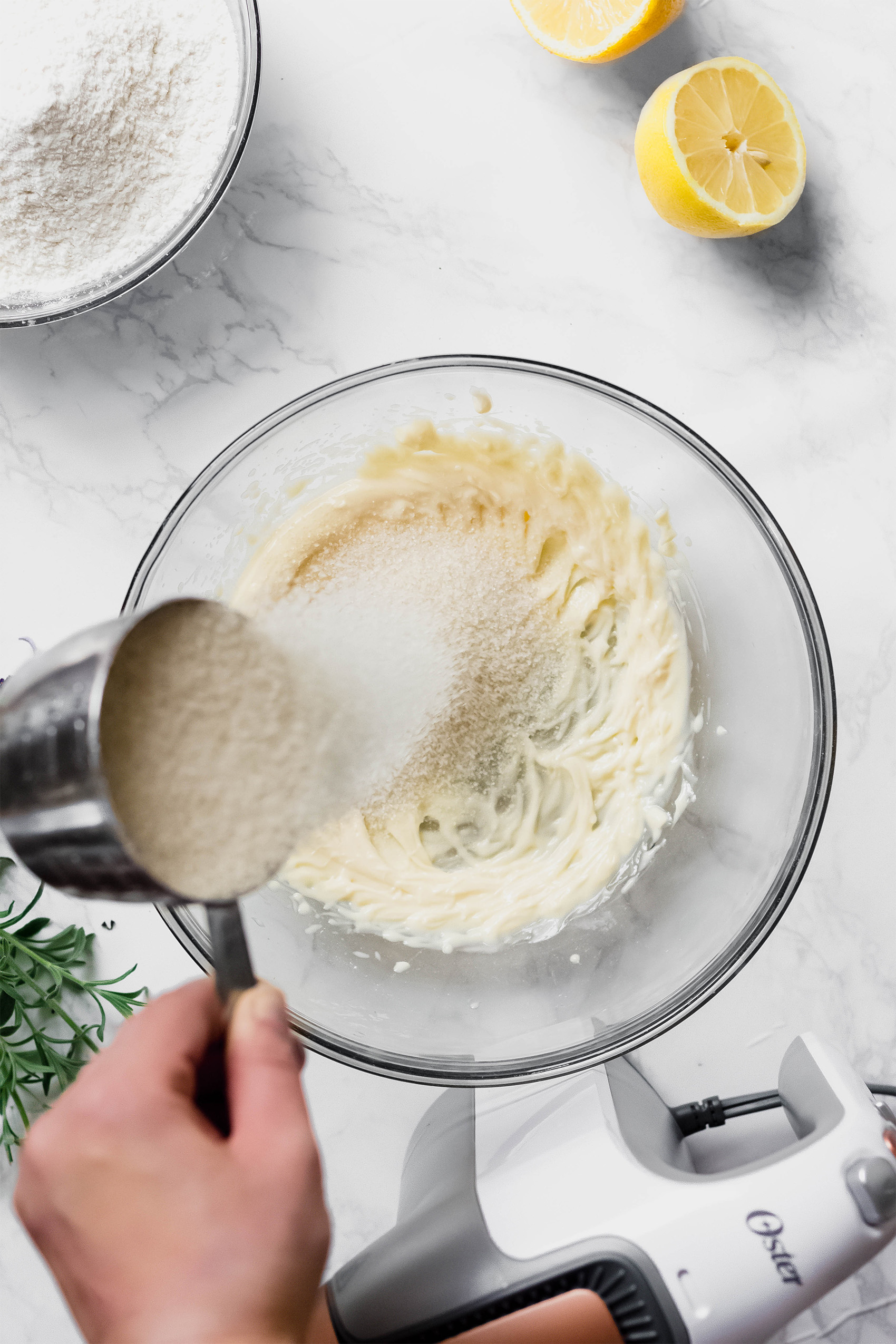
Does Sugar Cause Inflammation?
Nutrition and medical professionals agree that a diet high in added sugar (and low in high-fiber foods like fruits, vegetables, and whole grains) is associated with chronic inflammation. Over time, this inflammation is thought to increase risk of conditions like heart disease and type 2 diabetes.
However, this doesn’t mean that any sugar in your diet is causing inflammation. In fact, one large study from 2014 looked at the risk of cardiovascular disease associated with different percentage of calories from added sugar.1 The study, which used a control group who ate <10% of calories from sugar, showed only a 7% increase in risk those who ate 10-13% of their calories from added sugar. The risks for the other groups were:
- 13-17% of calories from added sugar – 18% increased risk (compared to control group)
- 17-21% of calories from added sugar – 38% increased risk (compared to control group)
- >21% of calories from added sugar – 103% increased risk (compared to control group)
My point here is: high sugar consumption is linked to poorer health outcomes, but eating any sugar doesn’t ruin our health. For example, if a person is eating ~2000 calories a day, 10% of calories from added sugar (the limit recommended by many health organizations) would equal 200 calories. That allows for flexibility with fun drinks, baked goods, cooking, and small amounts of added sugar in prepared foods.
(Also, it’s important to note that for many Americans living in food apartheid or living paycheck-to-paycheck, higher sugar foods are more obtainable and cheaper than other foods. So, we can’t talk about sugar consumption in America without talking about poverty, wealth inequality, and food accessibility.)
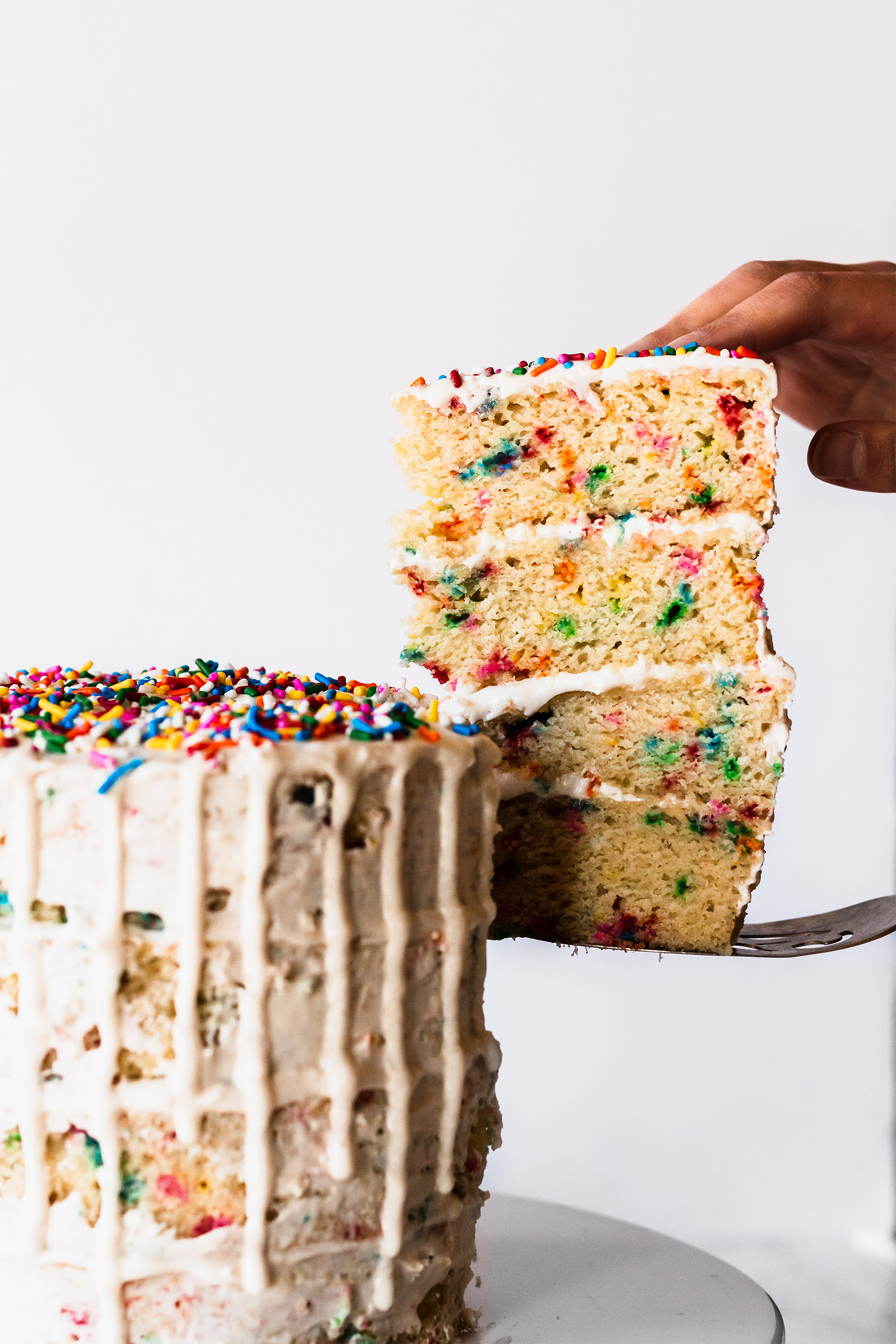
Should I Stop Eating Sugar?
No! For most people, sugar (yes, even added sugar) can have a role in a satisfying diet pattern. And no, it doesn’t immediately ruin your health when you eat sugar.
Also, when you allow yourself to tune into your cravings and enjoy foods with sugar, you’re rejecting the restrict-binge cycle versus feeling out of control around sugary foods because you’re trying too hard to control them.
To start your journey of healing your relationship with sugar, I recommend making peace with all the sugary foods you’ve restricted. This might look like challenging yourself to eat them, reflecting on your feelings, and repeating until eating this food feels neutral. (Intuitive Eating and The Intuitive Eating Workbook are invaluable resources for this process.)
Also, here are some example reflection questions to ask yourself:
- If I allowed myself to have ice cream when I wanted it, would I feel the need to eat the whole pint in secret at night?
- Can I actually recognize when I am craving a sugary food?
- What are sugary foods that I commonly restrict? How would it feel to enjoy these when I want?
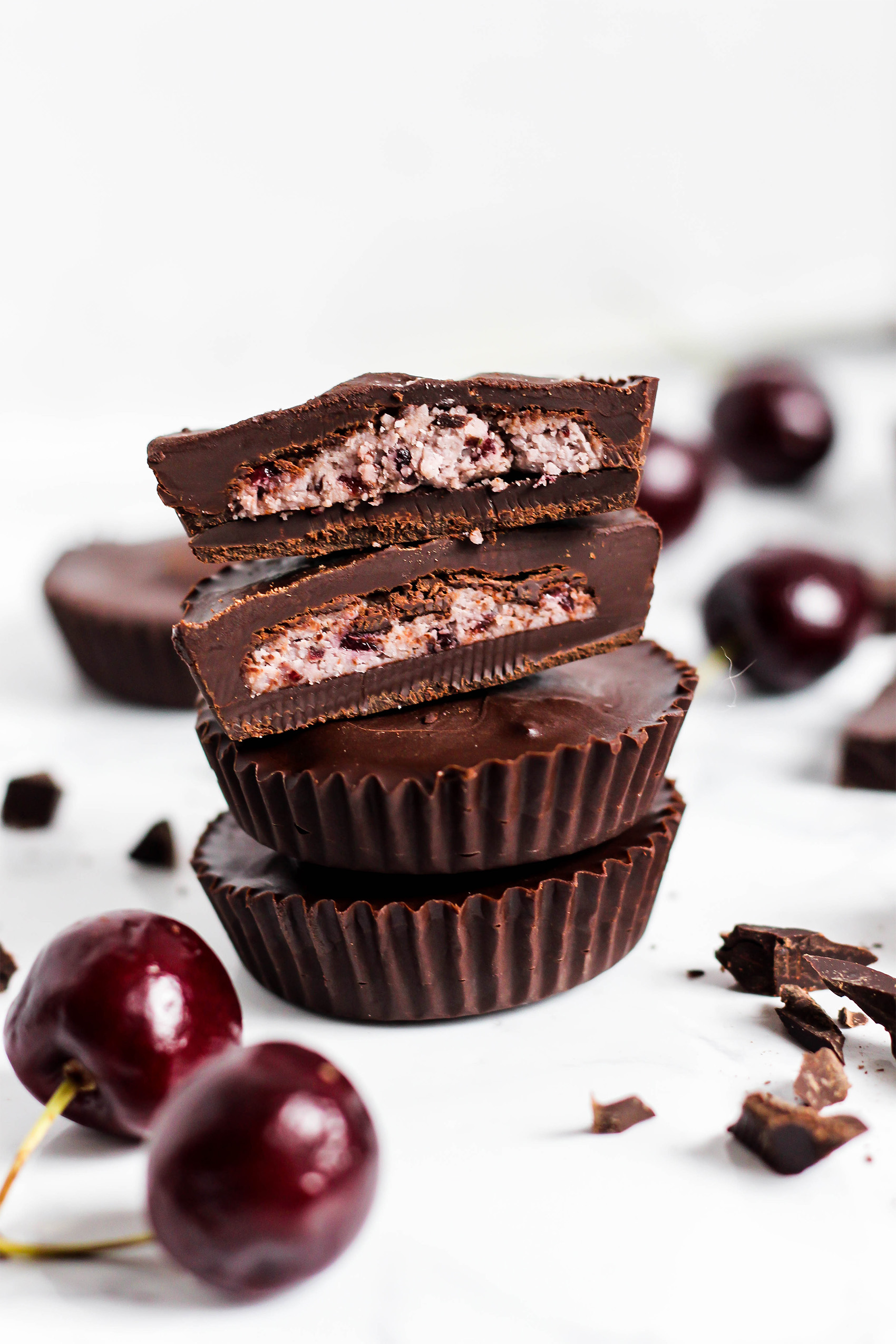
I’m accepting 1-on-1 nutrition clients! Click here to learn more about how I can support you in ditching diet culture, letting go of food guilt, and learning how to respect your body.
The information in this post is for educational purposes only and is not a substitute for professional medical advice.


